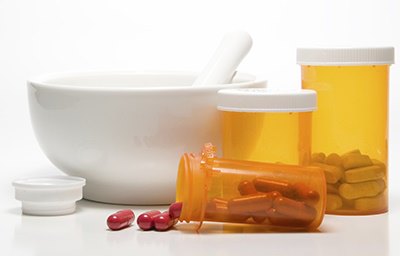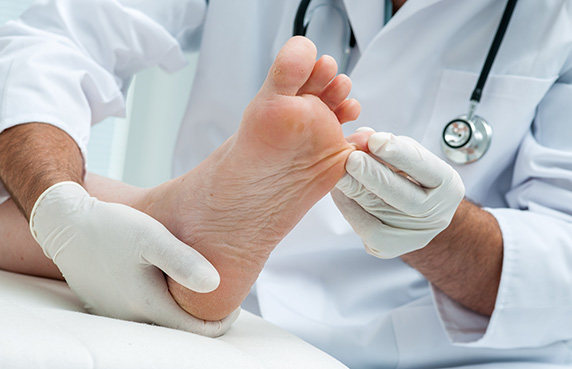Regular physical activity can help prevent chronic health conditions, such as obesity, diabetes, and heart disease. When participating in an exercise routine or sport, it is important to also stay safe and prevent injury. Many times, a sports medicine expert can help individuals about the physical risks of their chosen sport and encourage healthy healing if an injury occurs. Athletes, coaches, trainers, physicians, physical therapists, and even the “weekend warrior” are faced with many problems:
- muscle spasms
- edema/swelling
- inflammation
- abrasions and cuts
- fungal infections of the skin and nails
- dry skin
- callouses
- hemorrhoids
- bursitis
- tendonitis
- neuritis (tingling pain)
- sprains
Customized medications can help to solve these problems.
Medications that relieve pain, reduce inflammation, and relax muscles can have side effects that are detrimental to athletic performance, such as drowsiness. However, when these medications are administered transdermally, the therapeutic benefit can be enhanced while significantly reducing the risk of adverse effects.
Analgesic gels and sprays can be compounded to reduce pain and bleeding secondary to lacerations.
Pregame rubs can be compounded to contain substances such as emu oil and anti-spasmodic drugs.
Medicated “bandages” can be compounded to contain antibiotics, anesthetics, and corticosteroids in a protective soothing covering that is appropriate for application to the skin or the lining of the mouth.
Hemorrhoids are particularly problematic for catchers, coaches, and others who are regularly in a squatting position. Treatment often involves use of a novel dosage form known as the “rectal rocket”, a suppository that permits simultaneous internal and external application of anti-inflammatories, anesthetics, antibiotics, or other medications.
Excessive perspiration is a concern for many athletes, as well as members of dance teams and marching bands. Numerous topical treatment options exist.






